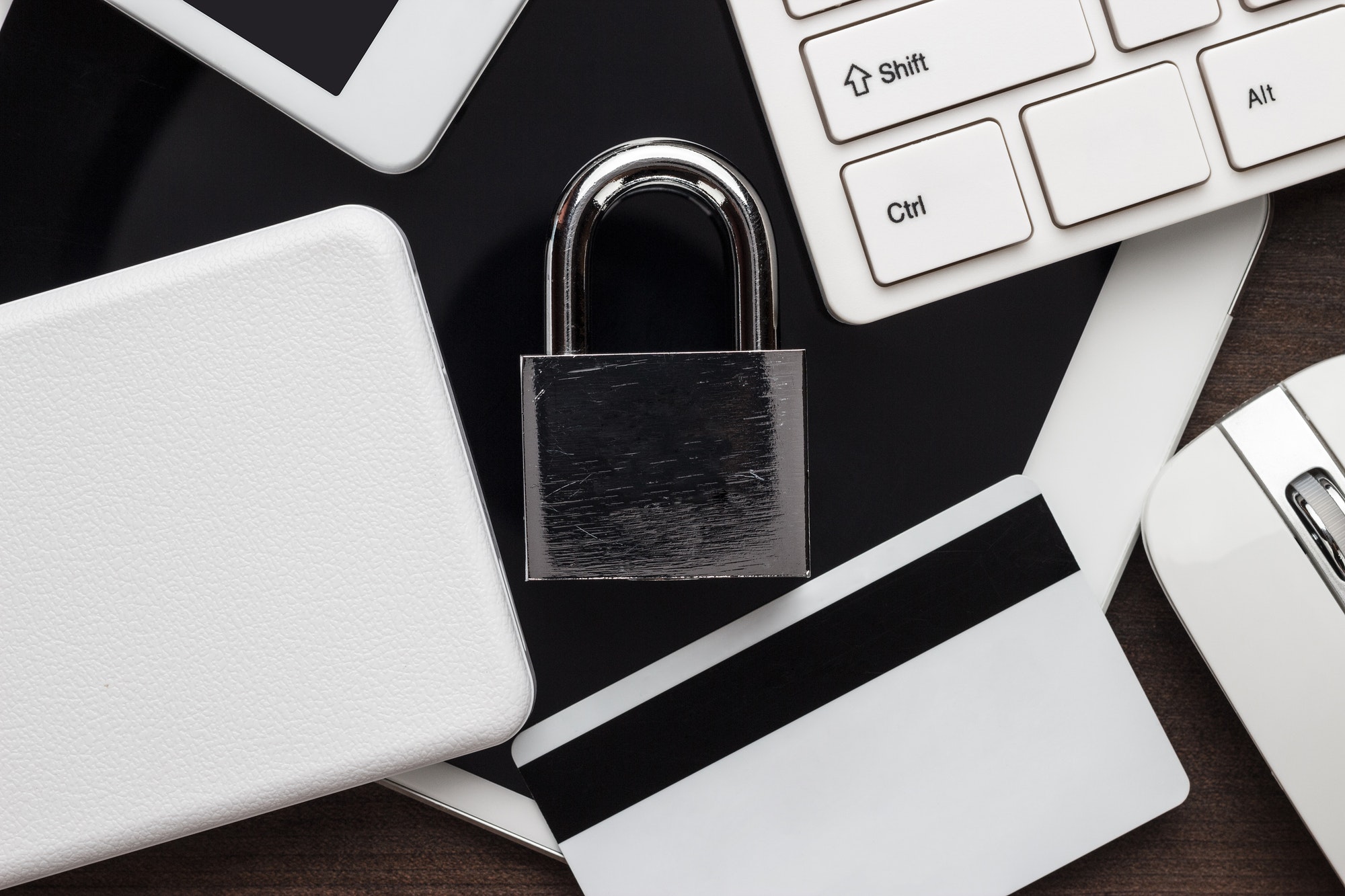Credit is handy, but it has some risks.
As you become financially independent, credit is likely to play a bigger and more important part in your economic life than it has before.
There’s a lot that credit can do for you. If you need money—especially in an emergency—and you don’t have the cash on hand, the immediate buying power of a credit card can be a lifesaver. And through longer-term arrangements like car loans and mortgages, credit makes it possible to pay for things you wouldn’t otherwise be able to afford.
But there is another side to the story. Credit makes spending money easy— sometimes too easy. So you can get into credit trouble by spending more than you can easily repay.
THE BIG PAYBACK
The flip side of the buying power that credit gives you is that you’ve got to pay back the money you spend. As obvious as this might seem, it can be surprisingly easy to forget how much you’ve charged when it seems like you have free money at your fingertips.
In return for the privilege of using credit, you’re required to pay a finance charge. For credit
cards, this means that interest, which is calculated as a percentage of the amount you owe, accumulates on any unpaid balance. For loans, the finance charge usually includes fees for the cost of arranging the credit, as well as the interest expense.
The problem with finance charges is that you can end up paying considerably more than your purchase originally cost. And while many credit cards don’t impose a finance charge if you pay back the credit you’ve used within a certain period of time, most loans and some cards start charging from the moment you start spending.
CREDIT IS AS CREDIT DOES
You’re probably already familiar with using credit. If you don’t have a credit card in your own name—and many college students and recent graduates have at least one—you may have used a card linked to your parents’ account.
And even if you haven’t used a credit card or taken a loan, you’ve probably dealt with lots of transactions that work the same way.
Many meal plans and cards in school dining halls allow you to get food on a daily basis and pay for what you’ve spent at the end of the semester or year.
If you have a car and live in a part of the country where many of the roads and bridges have tolls, you may have a transponder that records those charges and adds them to your account. They’re paid with an automatic debit from your linked bank account or credit card.
You use credit similarly on many public transportation systems, where you swipe or tap your phone, credit card, or debit card against a reader.
GIVE YOURSELF A LITTLE CREDIT
If you don’t have a lot of cash, being able to buy things on credit can be a big help when you’re furnishing an apartment or buying clothes to wear to work.
Using credit can also make your daily life a lot easier. Most merchants require a credit card number to reserve a hotel room, an airline flight, or a car rental, and having a credit card is often a prerequisite for shopping by phone and online.
Credit also allows you to get the most out of your money over time by taking advantage of the classic “buy now, pay later” philosophy. The most basic—and probably the most common—example is the cash float that credit cards provide. A cash float is the time between when you buy something with credit and when you pay the card issuer for that item.
For example, say you use a credit card to buy something online on October 10, and you a bill from your card company on November 5 that’s due November 26. If you tell your card issuer to debit your account on the due date to pay the bill in full, the debit will take effect almost seven weeks after you spent the money. Of course, you don’t want to get overly aggressive. If you try to stretch the float to the limit, your payment may be late. That could cost you a late fee on top of a finance charge.
By allowing you to buy large items now while taking years to pay off the full price, credit arrangements like mortgages and car loans use this cash float principal on a larger scale. Only in this case, the float is known as leverage, or using a small amount of your own money to buy something of much greater value.
Here’s a tip: Don’t live off your credit cards. If you’ve lost your job or the job hunt isn’t going well, it’s better to take a loan from your parents than to charge your living expenses.
—Jeanette V., 27




